Jojo Rabbit
Movie Rating:
4.5
At one level, Taika Waititi’s Jojo Rabbit is a fable about horror and redemption. On the other, it’s a coming-of-age story, where tales of monsters and villains, the basis of most literature aimed at children, are twisted to create new and darker myths. It’s a film of brash silliness and profound ideas, buttressed by the brilliant device of having a young Nazi child chatting to his imaginary best-friend, Adolf Hitler.
Based on the novel Caging Skies by Christine Leunens, Waititi’s script transforms a relatively straightforward story of survival into a brilliantly realized black comedy. In the opening sequence, “Komm, gib mir deine Hand” plays over the upraised palms of cheering German citizens to conflate the joyous abandon of Beatlemania with the fanaticism of National Socialism.
A young boy named Jojo Betzler (Roman Griffin Davis) is attending a Hitler Youth camp, which here evokes the same sort of balance between childhood precociousness and nascent militarism that the fictional Khaki Scouts did in Wes Anderson’s Moonrise Kingdom. He confides in Hitler (Waititi) as he goes through the usual travails of life amongst bullies and disaffected counselors/army officers (Sam Rockwell, Alfie Allen, and Rebel Wilson).
Jojo’s mother, Rosie (Scarlett Johansson), is a brash beauty unafraid to stand up to power. When Jojo finds out about a secret hiding within his home and meets young Elsa (Thomasin McKenzie), his fiery views become shaped by the reality in front of his eyes.
The film constantly shifts between humor, both broad and dry, with moments of great pathos and drama. Its accessibility may be misconstrued as a light touch; quite the contrary, the satire has some serious bite. Waititi twists the dagger in as the preposterousness of the macabre events play out. There’s plenty of The Great Dictator and even Blazing Saddles on display, yet Waititi’s gift is to elevate the film on both narrative and aesthetic levels.
The biggest trick he pulls is drawing back to lightness after severe heaviness. This is a very Jewish film, with significant historical precedent for finding levity within the most horrific. The movie doesn’t simply rely on this as an escape or a coping mechanism, but wisely uses the effect of laugher to nail home a penetratingly effective admonition against hate and small-mindedness.
Much of the film is shot at low angles from Jojo’s perspective. It feels like the story a child would tell trying to make sense of the nonsensical, complete with strange events drawn in ways that may not at first blush appear to be sophisticated. The end result hits at the heart as well as the mind. It’s an exceptional balancing act that’s rare and wonderful.
The final song choice may appear a bit on-the-nose until one recognizes where David Bowie recorded the track. That’s one among many cultural subtleties and allusions scattered throughout. The last act really makes the film shine, revealing it as far more than the playful satire of its earlier moments. It has a message, certainly, but also a keen understanding of the way these mechanisms of communication continue to foster hatred to this day.
Jojo Rabbit is a triumph, a film of brave sophistication and brilliant humor. It joins a small list of movies that mange to be both playful and profound.

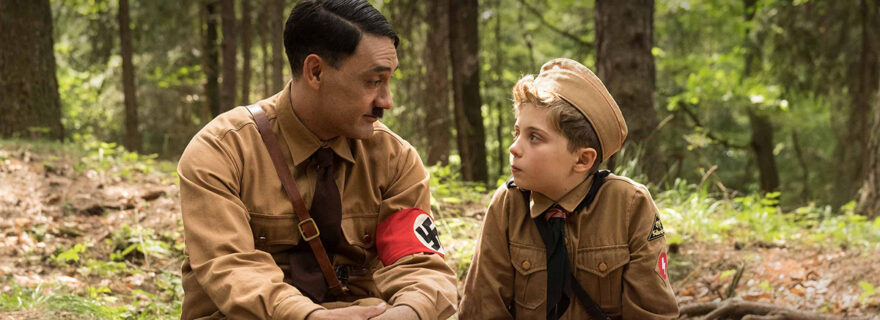
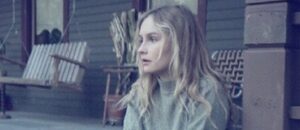
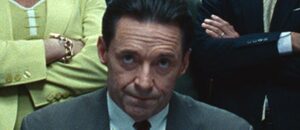
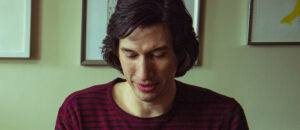
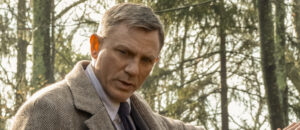
Josh Zyber
Shout-out to Jason, whose review of JoJo Rabbit was quoted in a TV ad that ran during the SNL season premiere this weekend.
The quote even got read out loud and everything.